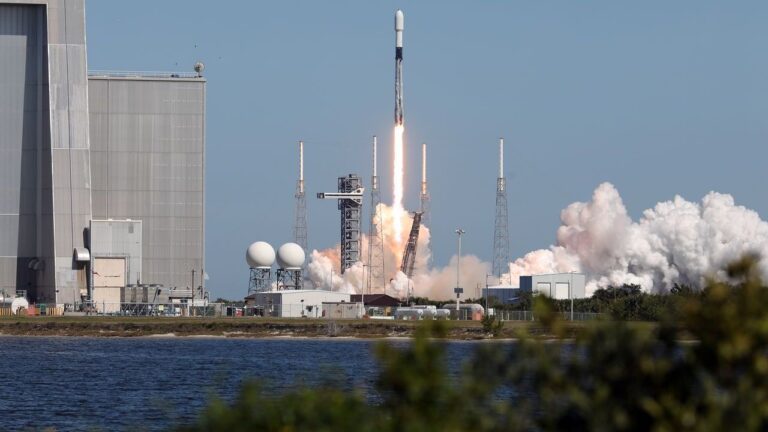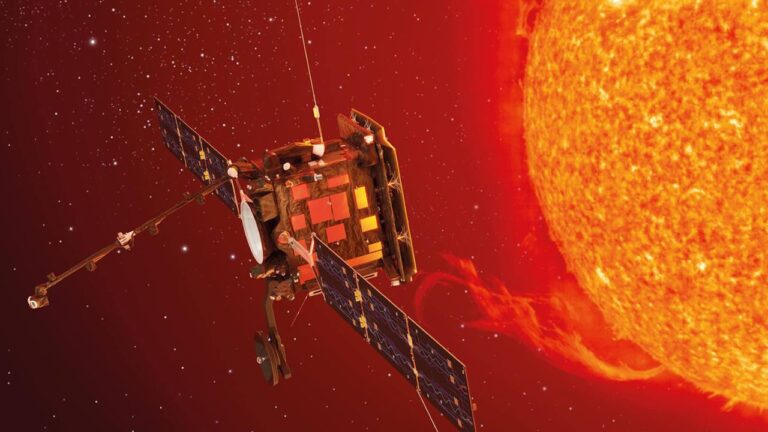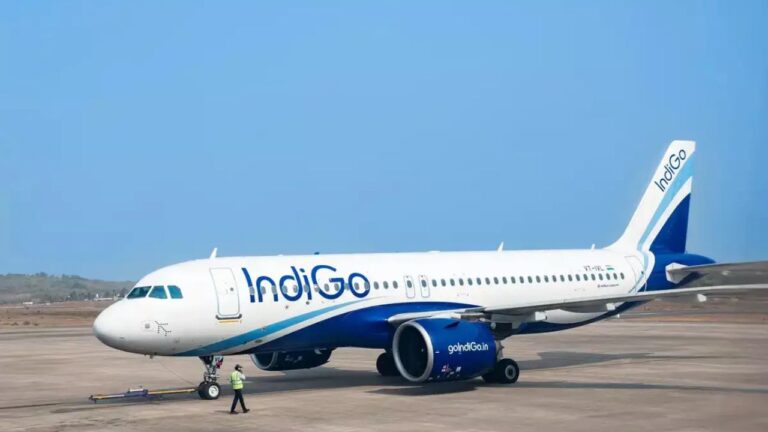
Ovzon, a Swedish broadband operator, has announced that its first fully owned satellite has successfully reached its geostationary position. This milestone was achieved on June 14, following a five-month journey in space. The satellite has passed initial health checks, marking a significant achievement for the company.
Per Norén, Ovzon’s CEO, revealed that Ovzon 3 is expected to enter service “within a few short weeks.” The satellite’s manufacturer, Maxar Technologies, is currently completing the final in-orbit tests. This development follows the satellite’s launch on January 3 by SpaceX, using a Falcon 9 rocket. This launch marked the end of a prolonged period of launch and manufacturing delays for Ovzon 3, initially scheduled for 2021.
Regulatory Challenges and Spectrum Rights
Ovzon has faced regulatory challenges, having to secure extensions twice to maintain its spectrum rights for the 59.7 degrees East orbital slot. The company is under pressure to start providing services by July 4 to retain these rights. Despite these challenges, Norén is optimistic, citing increasing demand for the 1,500-kilogram satellite, particularly among defense, national security, and public safety sectors in Europe.
Currently, Ovzon leases satellite capacity from partners like Intelsat, delivering end-to-end services using its own mobile satellite terminals. The company’s largest customer remains the U.S. Department of Defense. However, Ovzon is expanding its market reach in Europe with its proprietary spacecraft, reflecting a growing business opportunity in the region.
Financial Performance and New Orders
Ovzon, listed on the Stockholm Stock Exchange, reported $11.1 million in orders during the first quarter of 2024, including a significant 12-month order valued at $9.7 million from a European customer. The company’s revenue for this period was 65 million Swedish Krona ($6.2 million), up from 57 million Swedish Krona in the same period in 2023. Despite this revenue growth, Ovzon reported an operating loss of 25 million Swedish Krona for the first quarter of 2024, slightly higher than the 23 million Swedish Krona loss reported the previous year.
Future Strategy and Hybrid Network
Norén highlighted the strategic advantages of managing a hybrid network, combining Ovzon’s own satellite with leased capacity. This approach enhances flexibility in geographical coverage, performance, and cost-effectiveness, enabling Ovzon to better meet customer demands and optimize service delivery.
Looking ahead, Ovzon is evaluating strategies to address the increasing demand for secure satellite communications. This demand is particularly notable in countries aiming to enhance their defense capabilities through sovereign satellite systems. “Countries with little to no satellite infrastructure are now shaping plans to create sovereign systems that allow for more autonomy in an increasingly space-based geopolitical environment,” Norén noted.
Ovzon’s advancements in satellite technology and strategic market positioning indicate a promising future for the company as it continues to navigate and expand in the dynamic satellite communications industry.






